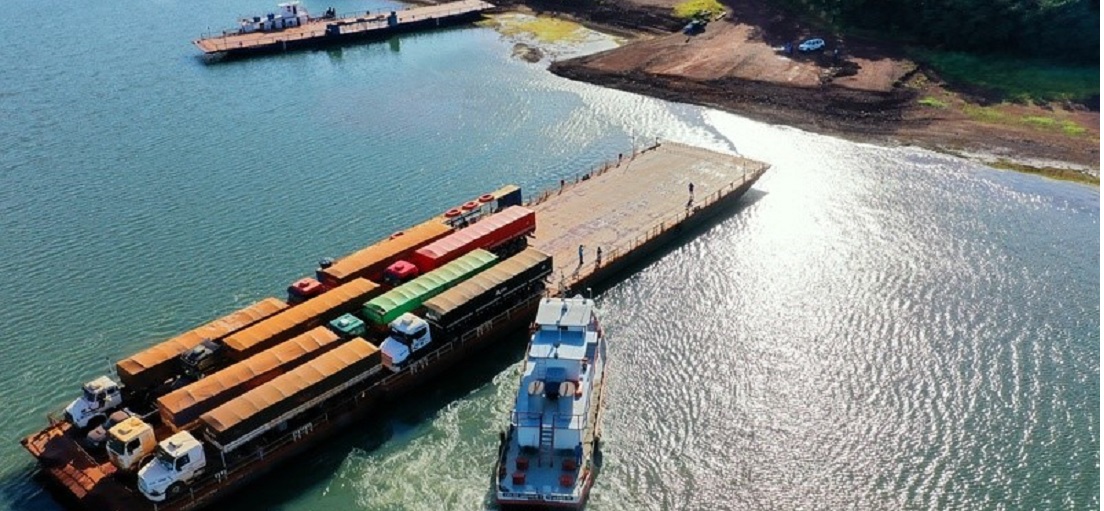
Antaq plans to create carbon emission inventory for waterborne sector
Mar, 01, 2024 Posted by Gabriel MalheirosWeek 202409
Brazil’s National Waterway Transportation Agency (ANTAQ) is gearing up to implement another Environmental, Social, and Governance (ESG) strategy within its actions. This time, the aim is to survey all ports in the country to build a carbon emission inventory for the waterborne transport sector.
This initiative is part of the Agency’s priority commitment, which includes three different studies. One of them explores how ports are getting ready for the energy transition, such as their utilization of greener fuels; the other focuses on how ports intend to improve the port-city relationship.
The Agency’s objective is to conduct a carbon emission survey similar to the waterborne statistics released monthly. This way, ANTAQ will be able to meet the goals of the Paris Agreement and its own Waterway Environmental and Safety Agenda.
ANTAQ’s General Director, Eduardo Nery, emphasized that to meet the established goals, it is necessary to monitor and measure emissions first, hence the importance of an inventory for society.
“We aim to make sure that information gets shared promptly across the sector. This helps us understand how the sector is dealing with carbon emissions,” clarified Nery at an event held by the National Civil Aviation Agency (ANAC) on the morning of February 28. The event focused on discussing practices and challenges in the public sector regarding ESG.
Permanent Commitment
For some time now, the Agency has been working to improve port sustainability. ANTAQ was the first federal regulatory agency to establish a department dedicated solely to sustainability, and it was a pioneer in developing the Environmental Performance Index (EPI), which served as a model for other regulatory agencies.
Furthermore, last year, the study “Impacts and Risks of Climate Change on Public Ports” was made public. This study identified the main climate threats and risks.
As a result, a methodology was developed with all the guidelines for conducting case studies on climate impacts in ports, and currently, ANTAQ is monitoring these impacts.
“The Agency is encouraging port authorities and Private Use Terminals to plan for these looming climate changes,” pointed out the general director.
-
Ports and Terminals
Jan, 04, 2021
0
Porto do Açu adopts international environmental performance index for ships
-
Economy
Dec, 04, 2023
0
Argentina has smallest share of Brazilian exports since 1997
-
Ports and Terminals
Jan, 23, 2020
0
Itapoá growth sets it up as possibly the third largest container terminal in Brazil
-
Ports and Terminals
Jun, 05, 2024
0
DP World Announces Major Investments in Latin American Ports To Boost Capacity and Efficiency

